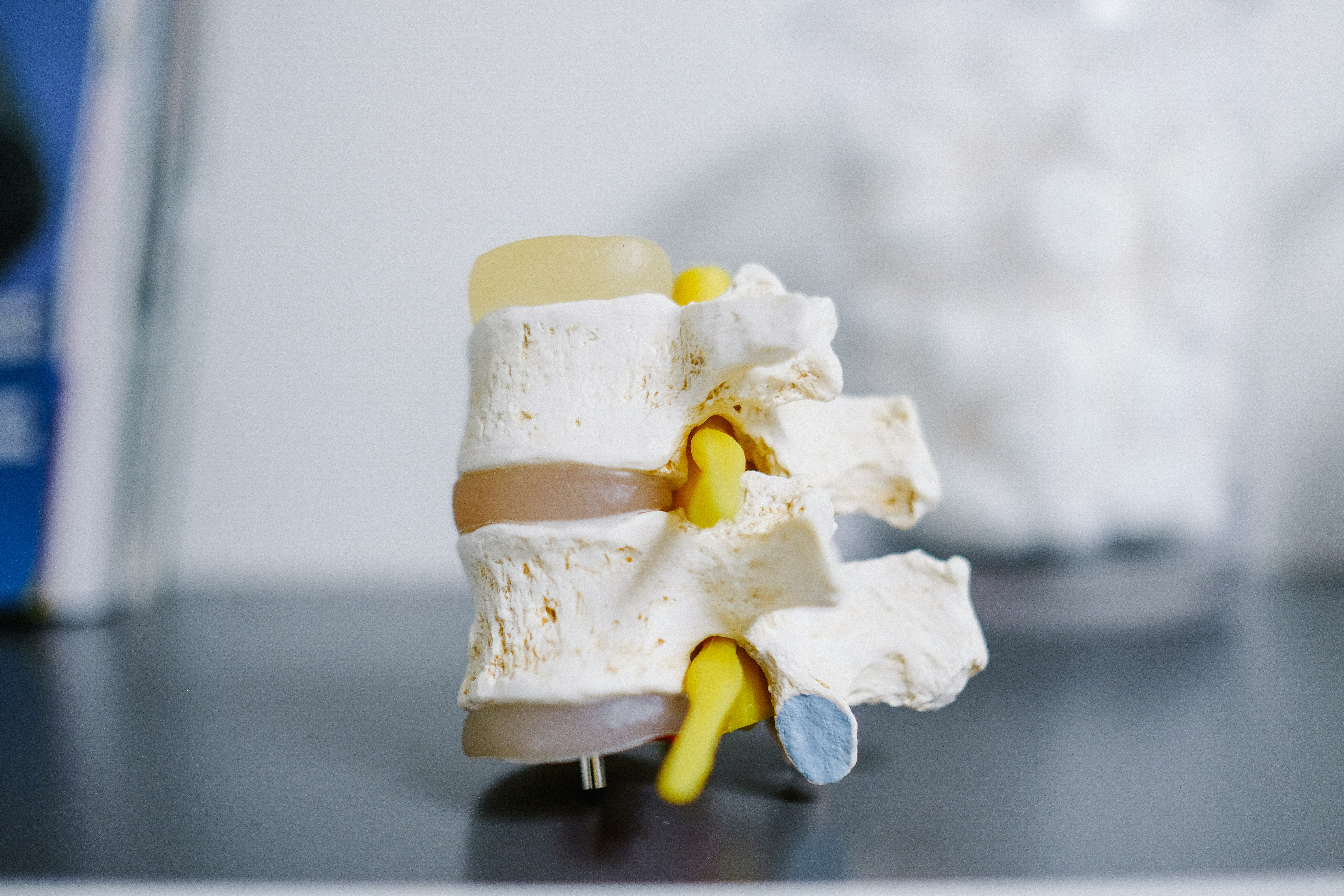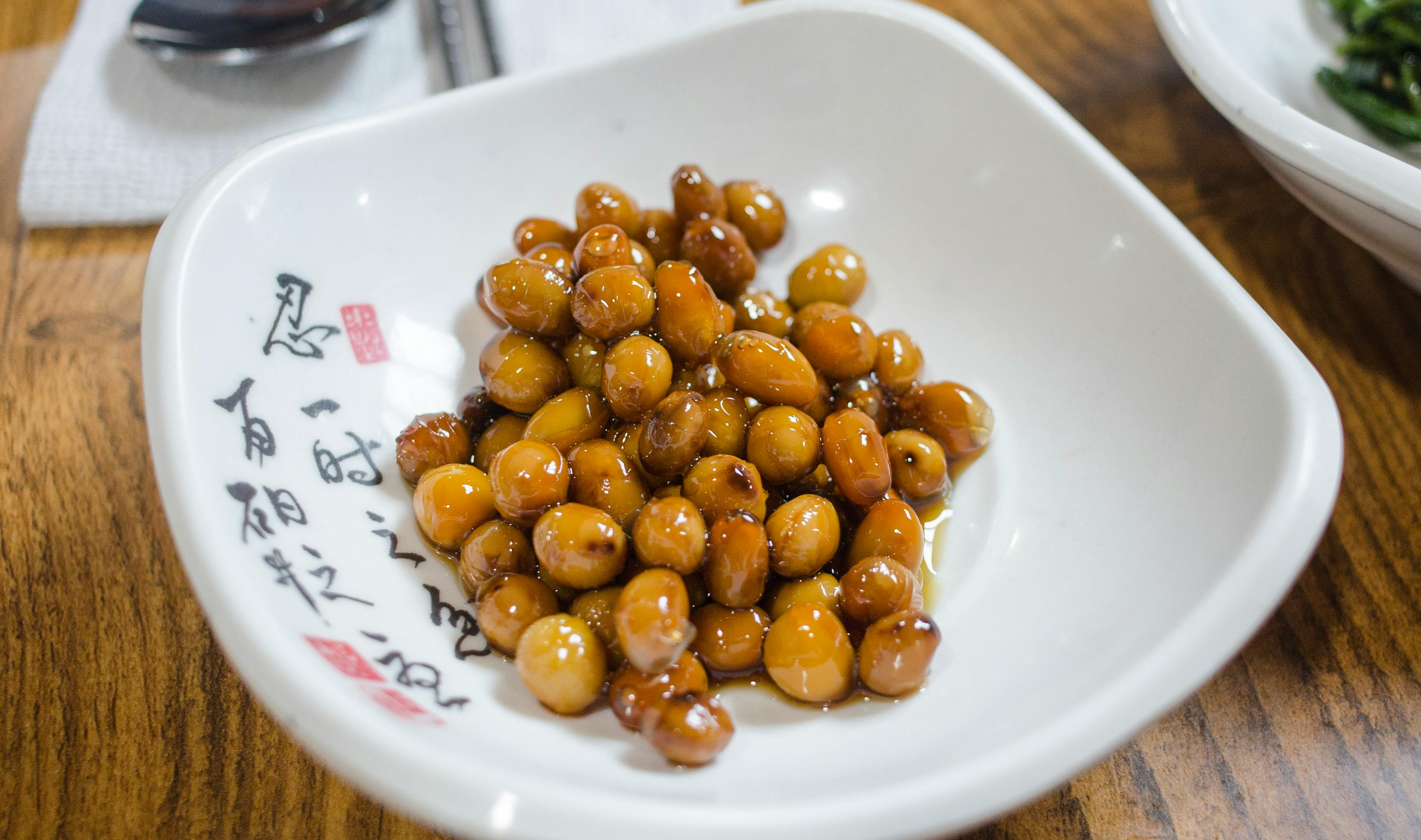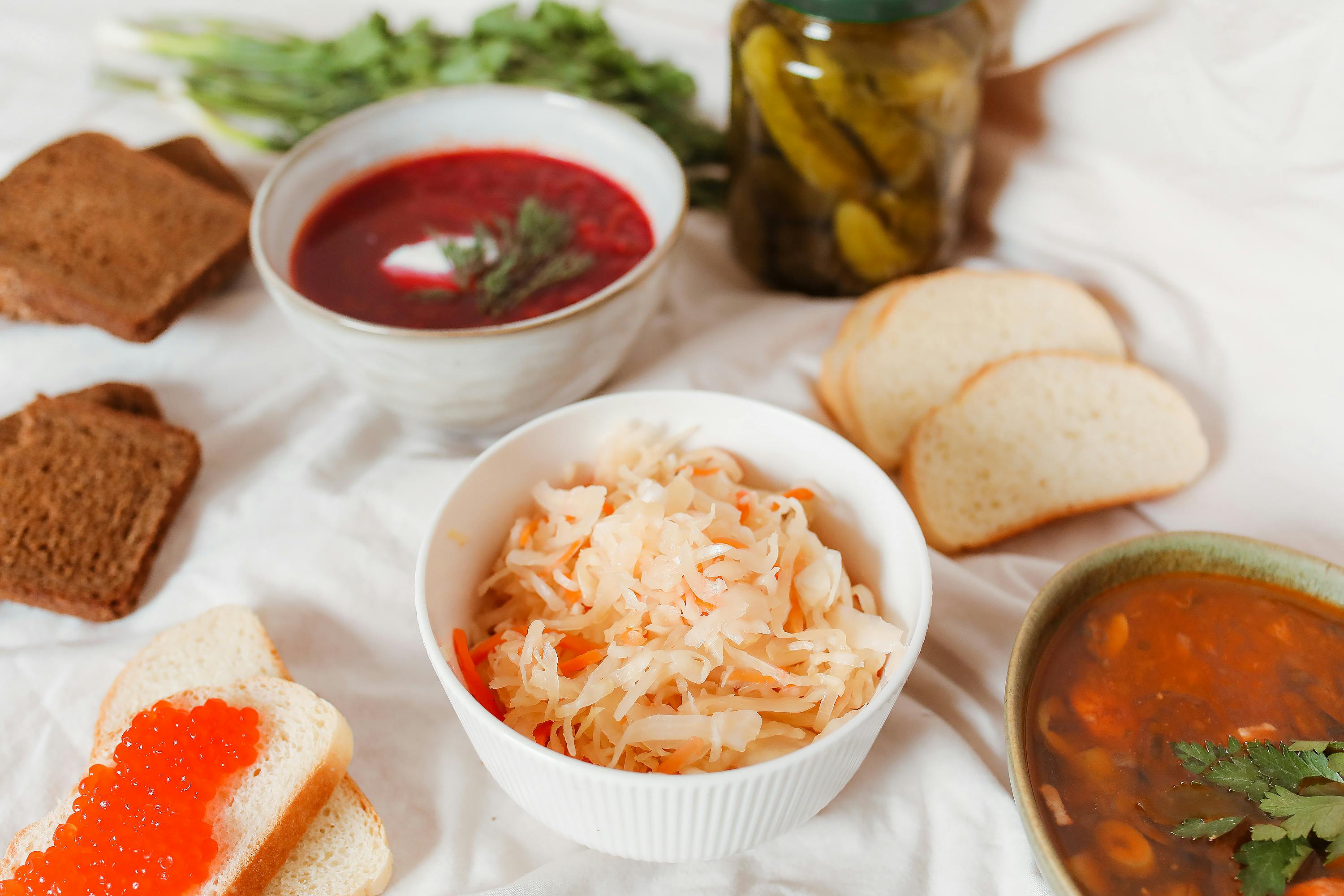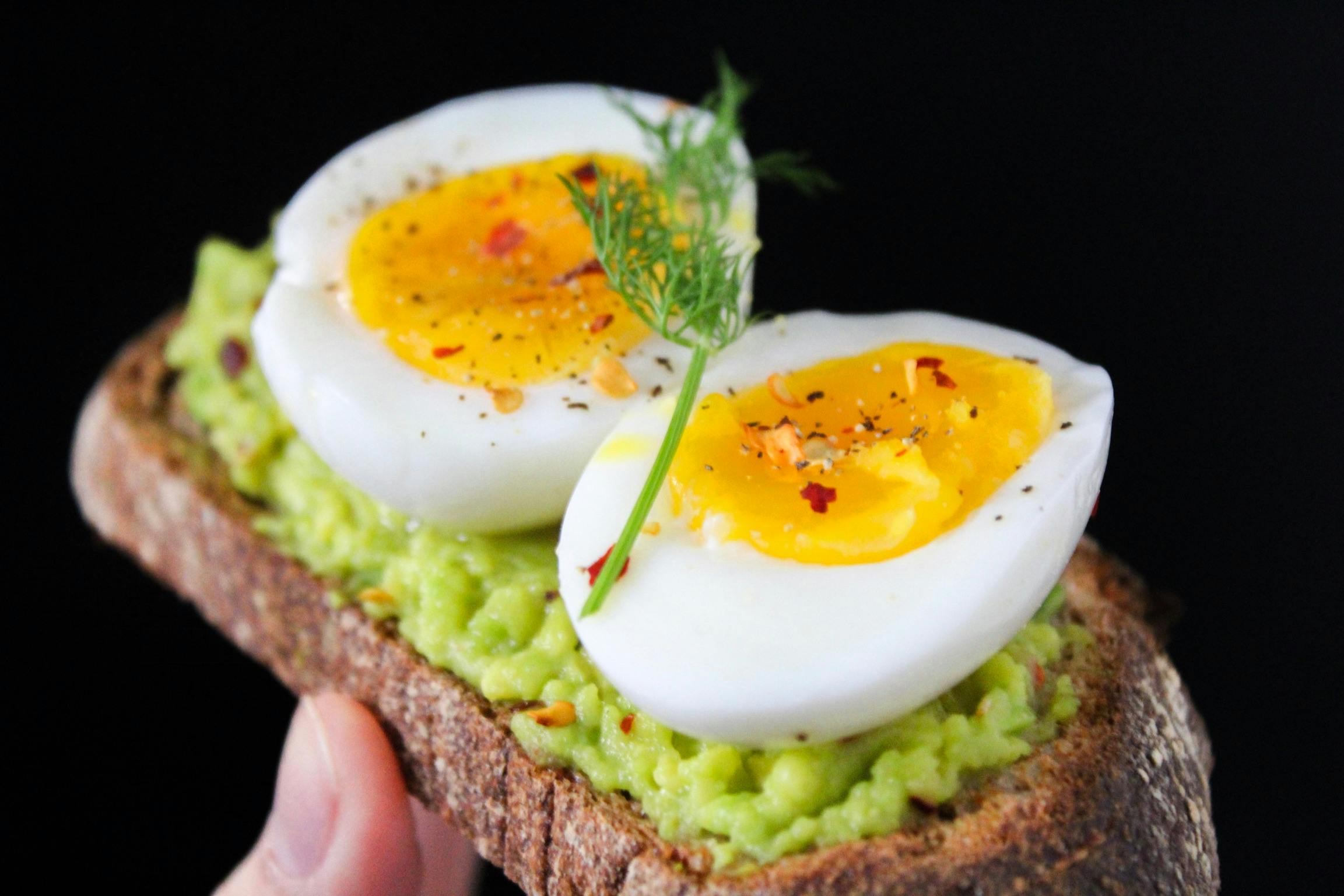Vitamin K2 Benefits: The Secret To Anti-Ageing
Explore the advantages of Vitamin K2, such as better blood clotting and heart health. Learn how vitamin K2 can support you with your anti-ageing efforts.
Summary
- There are two primary forms of vitamin K – K1 and K2. Vitamin K1 (phylloquinone) is found in plant-based foods, such as leafy greens. Vitamin K2 (menaquinone) is found in fermented foods and animal products. Vitamin K2 can be divided into several subtypes, the most important being MK-4 and MK-7.
- Vitamin K plays an important role in blood clotting, heart health and calcium metabolism. One of its most crucial functions is how it helps regulate calcium deposition. Vitamin K promotes the calcification of bones and prevents the calcification of kidneys and blood vessels. The most notable anti-ageing benefits of vitamin K2 could include skin elasticity, cognitive function, blood sugar levels, heart health, and antioxidant properties.
- The best way to get vitamin K2 is through your diet. There is a lot of food packed full of vitamin K1, but vitamin K2 can be a little harder to come across. Try including foods like hard cheeses, eggs, fatty fish, chicken, beef, pork, organ meats and pickled vegetables.
- Vitamin K deficiency is rare in adults as most of us are able to consume enough from our diets - plus our bodies make it naturally on their own. Your body also recycles existing vitamin K supply for future use. Some people need dietary supplements when at risk of a deficiency, but there is currently not enough research to fully understand the effects of taking high doses of vitamin K supplements.
Introduction
Vitamin K2 (commonly referred to as potassium) is a weapon we should all have in our anti-ageing armoury. It is invaluable for blood clotting and an important vitamin for skin as it helps heal wounds, bruises and abrasions.
In addition to its skincare properties, research is revealing that vitamin K could help keep our bones and brain strong as we age – a common concern for those approaching or living in their senior years.
It is possible to get vitamin K2 supplements, but plenty of foods are packed full of vitamin K. Our bodies also naturally make vitamin K in the colon, and most people can get the remaining amount needed from their diet. These include leafy greens, vegetables, dairy and animal products.
A number of studies show promising signs that vitamin K2 could support anti-ageing. It is unlikely to make us look ten years younger, but it could help fend off various age-related ailments and keep us looking younger for longer. Read on to learn about the potential of vitamin K2.
What is Vitamin K2
Before drilling into the science of vitamin K2 let us first look at vitamin K as a whole. Vitamin K was revealed in 1929 as a crucial nutrient for blood clotting (scientifically referred to as blood coagulation). The discovery was reported in a German scientific journal where the vitamin was referred to as "Koagulationsvitamin." This is where the K in vitamin K comes from.
A dentist called Weston Price also discovered vitamin K during his world travels in the early 20th century while studying the relationship between disease and diet in different populations.
Weston found that the nonindustrial diets were high in unidentified nutrition, which appeared to be providing protection against chronic disease and tooth decay. He called the mystery nutrition activator X – which is now believed to have been vitamin K2.
What Does K2 Vitamin Do?
Turning to our modern understanding of vitamin K, we know there are two main forms of vitamin K – K1 and K2. Vitamin K1 (phylloquinone) is found in plant-based foods like leafy greens. Vitamin K2 (menaquinone) can be found in fermented foods and animal products. Vitamin K2 can also be divided into several other subtypes – with the most important ones being MK-4 and MK-7.
Vitamin K performs an important role in blood clotting, heart health and calcium metabolism through activating proteins. One of its most crucial functions is how it helps regulate calcium deposition. Vitamin K promotes the calcification of bones and prevents the calcification of kidneys and blood vessels and is overall a great anti-inflammatory nutrient.
Scientists are now learning that the roles of vitamin K1 and K2 could be significantly different, resulting in many thinking they should be classified as separate nutrients altogether.
In human-controlled studies, researchers also have observed vitamin K2 supplements mainly improve heart and bone health, while vitamin K1 may have no substantial benefits. That said, more human studies will need to be completed to understand the functional difference between vitamins K1 and K2 fully.
The Top 10 Vitamin K2 Benefits
Now that we have learned the basics of vitamin K2, let us move on to some potential anti-ageing benefits.
Of course, it is impossible to turn back time, but we can manage our biological age by following a balanced diet and healthy lifestyle. One of the ways we can help prepare our bodies for growing older is by making sure we have sufficient vitamin K2 levels.
Here are some potential anti-ageing benefits of vitamin K2 to help motivate you to start monitoring your intake.
Improves Skin Elasticity
As we age, it is common to have skin conditions like dark spots, stretch marks, scars and varicose veins. Vitamin K2 could help combat such ailments by assisting with cell repair.

The skincare industry has caught onto this and has started to synthesise vitamin K for topical applications.
One of the most popular vitamin K products is eye creams, as some trials have found it helps reduce dark spots.
Hormone Balance
One of the main reasons our bodies experience signs of ageing is due to the imminent imbalance of hormones.
Including vitamin K in your diet is a great way to help supplement this issue.
Biochemical hormones, known as cytokines, work through the body in different forms. One of the primary forms is IL-6 which often takes up more space than other cytokines and leads to hormone imbalance.
Vitamin K is an anti-inflammatory nutrient that can help reduce symptoms such as inflamed wounds found in our joints (such as knees and elbows).
Cognitive Function
Not only do most of us start to look older as we age, but our cognitive function can start to decline.
Ageing brains start to slow down, and we are unable to make logical cognitive decisions as fast as we once could, and we can experience memory loss too.
Maintaining recommended vitamin K levels can help increase blood and oxygen supply to the brain, stimulating neuron functions – beneficial for boosting memory power and logical reasoning.
Blood Sugar Levels
We need to have the proper blood sugar levels in our bodies to help them function smoothly. Some of the highest vitamin K anti-inflammatory levels can be found in the pancreas.
This means that the amount of vitamin K we consume can hugely impact our body's glucose and insulin levels. Research has shown vitamin K supports the release and secretion of glucose into the body – which prevents us from experiencing side effects like dizziness, fatigue and sugar rushes.
Supports Heart Health
Vitamin K2 is great for preventing mineral buildup, which can clog up our arteries and blood vessel walls. A heart that can pump blood around our bodies freely is essential to health.
Unfortunately, cardiovascular disease is one of the most significant issues men face as they age. Vitamin K2 could help prevent harmful blood clots, reducing the risk of cardiovascular diseases.
In addition, vitamin K2 nutrition could help delay the buildup of plaque (a substance composed of fat, cholesterol and calcium) which hardens and can end up blocking arteries when coagulated.
Antioxidant Properties
The anti-ageing benefits of vitamin K2 include its powerful antioxidant properties. Some studies have shown it could be more effective than vitamin E and coenzyme Q10 (CoQ10) for eliminating free radicals.
This includes potential skin benefits like improving barrier functions, warding off irritants, and sealing in moisture, resulting in the body being able to guard against dry, itchy, and red skin, which often occurs during ageing.
Supports Bone Health
As we’ve mentioned, vitamin K is essential in activating proteins involved in bone formation and mineralisation, which makes your bones strong.

A study conducted on both men and women showed a link between low vitamin K intake and increased risk of hip fractures. This study also showed an association between low dietary intake of vitamin K and low bone density in women.
This is why keeping an eye on your vitamin K intake is so important.
Supports Dental Health
Just like with bone health, vitamin K also plays an essential role in dental health. Its role in coagulation helps in healing wounds, which is crucial following dental surgeries or injuries in the oral cavity.
Brain Health
Did you know that vitamins D and K have beneficial effects on your brain?
Research concluded that higher concentrations of vitamin K in the brain were associated with 17% to 20% lower odds of dementia or mild cognitive impairment (MCI).
Where to Find Sources of Vitamin K2
The scientists studying the effects of vitamin K2 suggest the potential benefits come with a daily intake of between 10 and 45 micrograms. It has been observed that about 90% of vitamin K consumed in the average diet is K1.
Vitamin K2 rich foods (dietary sources)
There is a lot of food packed full of vitamin K1, but vitamin K2 is harder to come across. Our gut can convert some K1 into K2, but what foods contain vitamin k2?
Here is a list of some K2-rich foods to help you maintain a better diet balance:
Natto (a traditional Japanese dish from fermented soybeans)

Natto is a dish made from fermented soybeans. It’s high in nutrients that promote good gut health and is the richest source of vitamin K2 available.
One tablespoon of it contains 150 micrograms of vitamin K2, which is more than the recommended intake.
Sauerkraut (raw fermented cabbage)

Sauerkraut or fermented cabbage offers many health benefits and is also a great source of vitamin K2.
Dairy products (notably hard cheeses)

Dairy is a great source of vitamin K2, but cheese especially.
The key is in finding the right type of cheese with a high dose of vitamin K. A good pick would be Camembert or aged Gouda.
Egg yolks

Egg yolk can contain between 67 and 192 micrograms of vitamin K2. The amount will vary based on the hen’s diet.
Fatty fish (including salmon, sardines and mackerel)

Anchovy, sardine, tilapia and salmon are great sources of vitamin K, with anchovies being the richest source.
Chicken

With 10 micrograms per 100-gram serving, chicken wins as a great vitamin K2 source over both beef and pork, (except for organ meat).
Beef liver
Beef liver is a great source of vitamin A, folate, copper and vitamin K. In a 100-gram serving you’ll find more than 11 micrograms of vitamin K2, making it the best meat-based source of the vitamin.
Pork

Pork has less vitamin K than chicken and beef, but is still a good source. In 85g of pork, there is 59 mcg of vitamin K.
Supplements
Vitamin K deficiencies are rare in adults as most of us get enough from our diets, and the body makes it naturally on its own. The body is also great at recycling its existing supply of vitamin K.
Some people may turn to dietary supplements if they are at risk of a deficiency. There is not enough evidence to understand the full effects of taking high doses of vitamin K supplements daily.
However, there are potentially some adverse side effects of vitamin K2 if taking supplements instead of achieving the required amounts from your diet.
Vitamin K2 Dosage and Safety
Vitamin K2 is not typically used as a dietary supplement, however, there are some supplements you can look into if you have a deficiency.
Recommended Daily Intake
For women 19 and over, the recommended daily dose is 90 micrograms, and for men over 19, the recommended dose is 120 micrograms.
Potential Risks and Side Effects
There are some potential risks and side effects of taking vitamin K2. The most common are loss of appetite, trouble breathing, enlarged liver, body swelling, irritability, and pale or yellow skin.
Take Control of Your Health with GlycanAge
We do need to highlight that the research on vitamin K2 as an isolated nutrient is still ongoing. So instead, your focus should be on getting healthy levels of vitamin K, which contains both K1 and K2.
With that considered, there is no harm in understanding the benefits of vitamin K2 and how this part of the nutrient can help you support healthy ageing. Start including some of those recommended foods in your diet today.
If you’re looking for an all-encompassing test that can show you the rate of your body’s ageing, we recommend the GlycanAge test.
It can show you what lifestyle changes you should make in order to bring down your levels of chronic inflammation. Start by taking our health quiz.
Frequently Asked Questions (FAQs)
What form of vitamin K2 is best?
It is generally considered that vitamin K2 should be obtained through a varied healthy diet. Foods rich in vitamin K2 include chicken, beef, pork, pickled foods, and dairy products. It is possible to get vitamin K2 supplements, but there is insufficient research to confirm whether there are any adverse side effects to this.
How much vitamin K2 should I take daily?
The NHS currently estimates that we need approximately one microgram a day of vitamin K for every kilogram of body weight. This means an average adult requires between 90 to 120 micrograms of vitamin K2 daily. Some people with particular medical conditions may need more, but there are no known severe side effects of taking too much K2.
What is the K2 vitamin good for?
K2 contributes to skin health, bone metabolism, and brain function and helps inhibit heart-related diseases. It is also well known for its importance in managing our body's use of calcium to help build bones and prevent blood vessel calcification. These are all vital areas we need to manage as part of anti-ageing efforts.
How long does it take for vitamin K to start working?
Through research trials, it is estimated that it takes vitamin K around 10 hours to start working, with full effect taking around one to two days. If your body does not need vitamin K immediately, it will be stored in the liver for future use – so you do not need to include it in your diet every day.
What are the symptoms of low vitamin K2?
Signs that you may have low vitamin K2 levels include bruising easily, bleeding too much, having weak bones and teeth, and frequently becoming ill. Although not eating enough vitamin K-rich foods is the leading cause of low vitamin K2, it is also possible for certain medical conditions to cause the issue.


